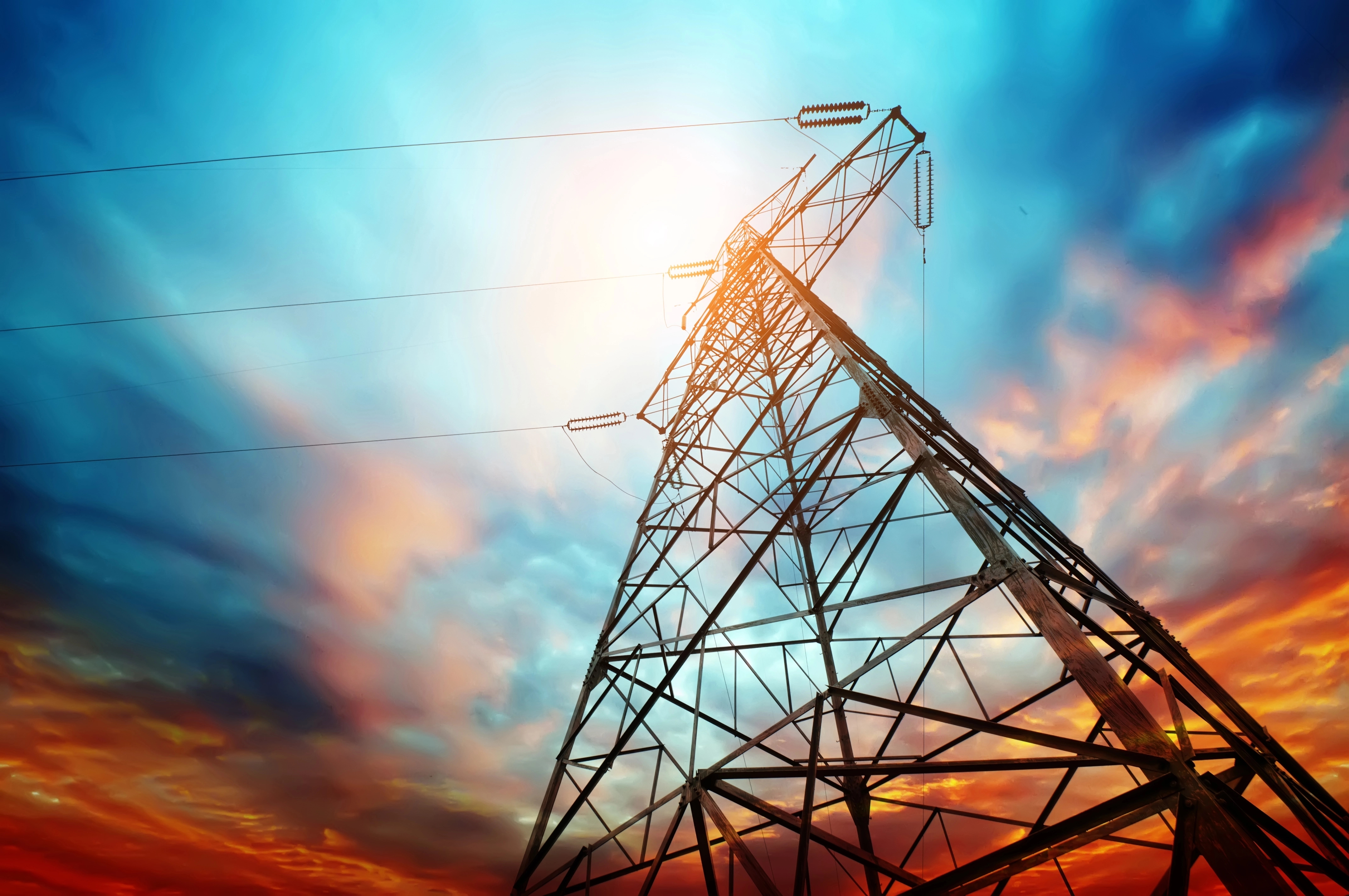‘Smart purchases’ of fuel stocks by the Electricity Authority of Cyprus (EAC) should offset a potential coming hike in the basic electricity rate, the energy minister said on Tuesday.
George Papanastasiou was referring to futures contracts on fuel purchases made by the state-run power corporation.
He was discussing anew with deputies the EAC’s intention to increase its electricity tariff on invoices by 3 per cent.
The request for the increase was filed two weeks ago to the energy regulator Raek which has the final say and is considering it.
Initially the EAC had requested a 7.5 per cent hike but withdrew it after instructions from the president.
But on Tuesday MPs again urged the EAC not to insist on the 3 per cent increase either, as this was no time to burden households and businesses with extra costs.
EAC board chairman Giorgos Petrou said the organisation entered into futures contracts, managing to buy about a quarter of its next fuel shipment at between $62 and $64 a barrel.
This would benefit consumers from July until the end of the year, he asserted.
Brent crude oil was trading at around $66 on Tuesday before markets closed.
Speaking to the media later, Papanastasiou said that the EAC invoice features one item called the electricity tariff – the rate in cents per kilowatt-hour. This is what the EAC would like to raise by 3 per cent.
Right now the rate is 25 cents per kilowatt-hour.
Another item on EAC invoices is the fuel tariff. A drop in this tariff – due to the EAC’s ‘smart purchases’ of fuel – should offset the first, the minister opined.
But Papanastasiou also cautioned that the EAC needs to recoup its investments.
For his part, Petrou said the organisation had waived electricity tariff increases for the years 2023 and 2024 – and is now feeling the squeeze.
Without a hike, he said the EAC’s current cash reserves will barely cover planned investments – such as the purchase of additional turbines for power stations.
The organisation may have to go to the banks for a loan, he added.
The EAC typically files tariff requests roughly every one or two years, submitting its expenses for review, with the energy regulator either agreeing or making amendments.
The electricity utility is allowed a return on capital, colloquially known as a “legitimate profit margin”, of up to 4.66 per cent, and this is borne in mind when its expenses and requests for tariff increases are filed.






Click here to change your cookie preferences